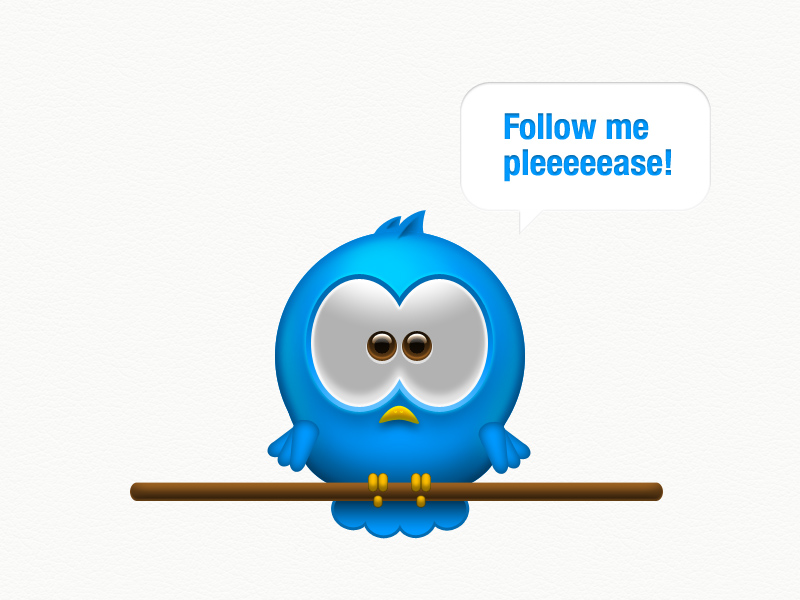The act of stalking has been practiced in many different forms
since the dawn of time.
Stalk according
to Google define; as a noun means
Stalking has long been incorporated into society as a negative
practice. Often, it is linked with images of dark alleyways, identity theft,
physical harm, “I know what you did last
summer’ etc. so there is no wonder that people shudder at the sound of the
word.
As every cloud has a silver lining, we must ask ourselves if stalking itself has a positive side...?
Firstly, would
Tweety Bird have been such a hero without Sylvester to stalk his every move? Would celebrities be as popular without the paparazzi and their gossip columns? Who even is Justin Bieber without his
‘Beliebers’?
Image from: http://fc05.deviantart.net/fs71/f/2010/245/0/9/give_me_two_nights_by_touchingandkissing-d2xuqcc.jpg
It is questions like these that make me wonder whether stalking
has taken on a new form. One that is more widely accepted in today’s
society.
For example, if we are to merge both definitions listed above into
one, like a mule, or a hybrid; we can get to see something along the lines of
this:
Stalk (n): The subtle support of someone
or something.
And to me, that is what Tweet Stalk is all about. To follow a page
on twitter is an act of admiration, you want to see their updates, and follow
their activity out of interest in the subject. Through Tweetstalk, one is able
to subtly support the activity of another tweeter.
There should be
no reason behind words such as ‘creepy’, ‘frightening’ and ‘disgusting’ once
expressed by the public about TweetStalk.
Instead, we should embrace the attention from our twitter followers consider
the support they are actually providing. Besides, who creates a Twitter account with the idea of rejecting followers?
Image from: http://fc04.deviantart.net/fs71/f/2012/073/b/8/cute_twitter_bird_by_bestpsdfreebies-d4sqgzh.jpg
Thus, ‘the resulting persona is as intimate as the public.' (Baruh, Lemi and Levent Soysal, 2010) We
choose to giving away, expose certain aspects of ourselves to the online community,
which are free to be interpreted by the public at their free will (assuming
privacy settings allow). Why create a public profile to then hide it from the
world?
Image from: http://fc00.deviantart.net/fs70/i/2010/298/2/9/5_sweet_tweet_vectors_by_claycauleyinc-d31j23p.png
To me, there is no difference between TweetStalk, and checking up
on another Tweeter’s page every day to get their latest updates, apart from
ease of access. Either way, the tweeter does not know you’re there. But why
should they be ashamed/embarrassed/angry? The idea behind twitter is to
follow/support the activity that other tweeters choose to release online. It is this element of choice (as well as
a wide variety of privacy settings) that erases the
negative connotations that one might associate with the title.
Instead, we should consider TweetStalkers as our secret admirers, our fans, our TweetSupporters.
References
Baruh, Lemi and Levent Soysal. "Public Intimacy and the New Face (Book) of Surveillance: The Role of Social Media in Shaping Contemporary Dataveillance."Handbook of Research on Social Interaction Technologies and Collaboration Software: Concepts and Trends. IGI Global, 2010. 392-403. Web. 11 Aug. 2013. doi:10.4018/978-1-60566-368-5.ch035
e-Crime Wales 2012,
04/11/2012-last update, Twitter Privacy Settings. Available: http://www.youtube.com/watch?v=OV_yJrDv0-M
[2013, 12/08/2013].
Rowse, D. 2008,
"TweetStalk – How to Follow someone on Twitter Without Them Knowing",
Twitip, getting more out of Twitter, [Online], , pp. 12/08/2013.
Available from: http://www.twitip.com/tweetstalk-how-to-follow-someone-on-twitter-without-them-knowing/.
[12/08/2013].



No comments:
Post a Comment